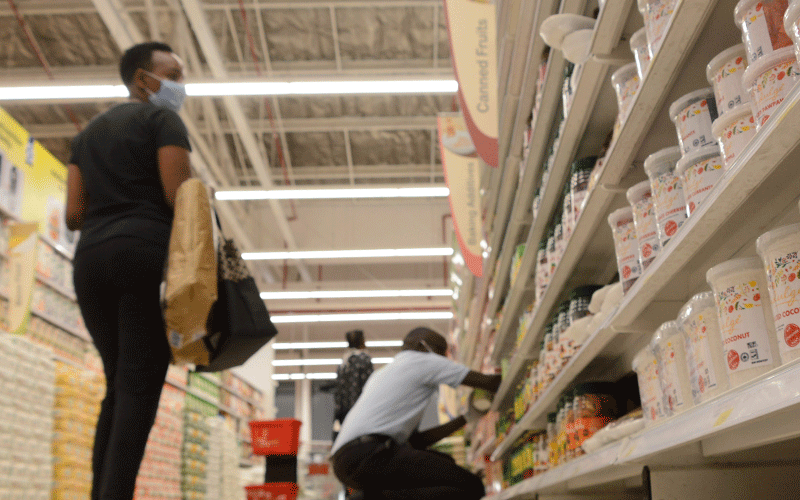Private sector activities firm as demand returns
By Lewis Njoka, July 6, 2020Lewsi Njoka @LewisNjoka
Kenya’s private sector economy firmed up considerably in June following relaxed curfew measures and recovery in sales countrywide.
According to Stanbic Bank’s Purchasing Managers Index (PMI), while business conditions continued to deteriorate in June due to the Covid-19 pandemic, the rate of deterioration had eased compared to May.
New orders declined amid the pandemic, but “the rate of downturn eased considerably from May, driven by relaxed curfew measures and a recovery in sales at several businesses.”
Jibran Qureishi, Stanbic’s regional economist for East Africa, says the effects of the pandemic could be felt for the next six months while the effects of covid-related job losses could last even longer.
“A resumption in cargo flights in addition to the gradual re-opening of economies around the world, is underpinning external demand,” said Qureishi.
“However, the damage done by Covid-19 could last for the better part of the next 6 months, notwithstanding what official growth statistics may indicate.
The impact from the loss of jobs and subsequent decline in consumption will probably be felt for a while,” said Qureishi.
Both output and new orders fell at considerably slower rates in Kenya, as reduced curfew hours elongated operating hours which, saw a slight surge in demand.
Index readings stood at 46.6, an indication that business conditions in the country were still declining but at a less severe rate compared to May, which recorded a reading of 36.7.
Readings above 50 on the PMI Index signal an improvement in business conditions compared to the previous month while readings below 50 show deterioration. 50 is considered the neutral threshold.
Retail traders
Retail Traders Association of Kenya (Retrak) chief executive officer Wambui Mbarire attributed the slow deterioration to people adapting to living with the covid-19 shocks.
“I’m sure a lot of it has to do with people adapting to the new normal, that would definitely bring some stability.
Once you establish that this is how life is going to be, it kind of flattens the curve in terms of business,” said Mbarire.
She said shifting curfew commencement time gave consumers more time to shop after work contributing to the eased deterioration of business conditions.
At the same time, the relaxation of containment measures in Europe resulted in a slight improvement in demand for exports, the first one since February.
However, firms still saw a drop in customer demand overall due to fear of travel.
Amid job losses, overall cost pressures fell for a second month running, due to further salary cuts.
As per the index, which provides an overall view of activity in the Kenyan economy, business conditions in the country have been deteriorating since January.
More Articles

